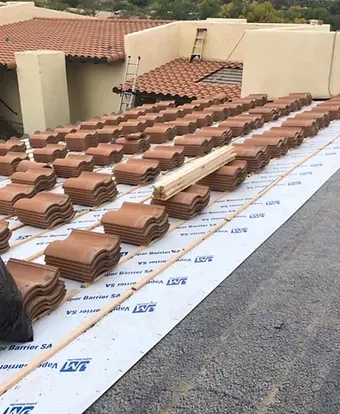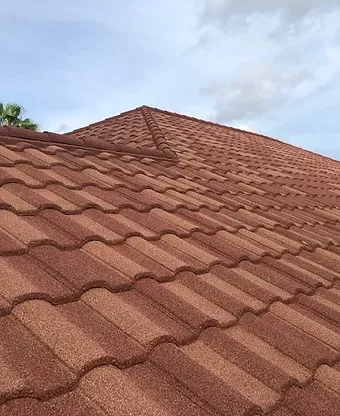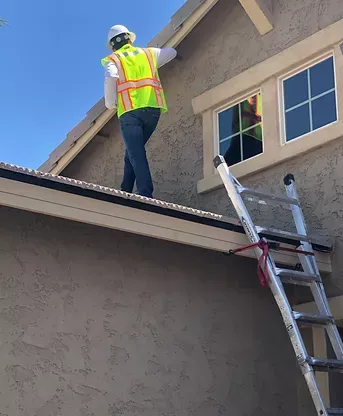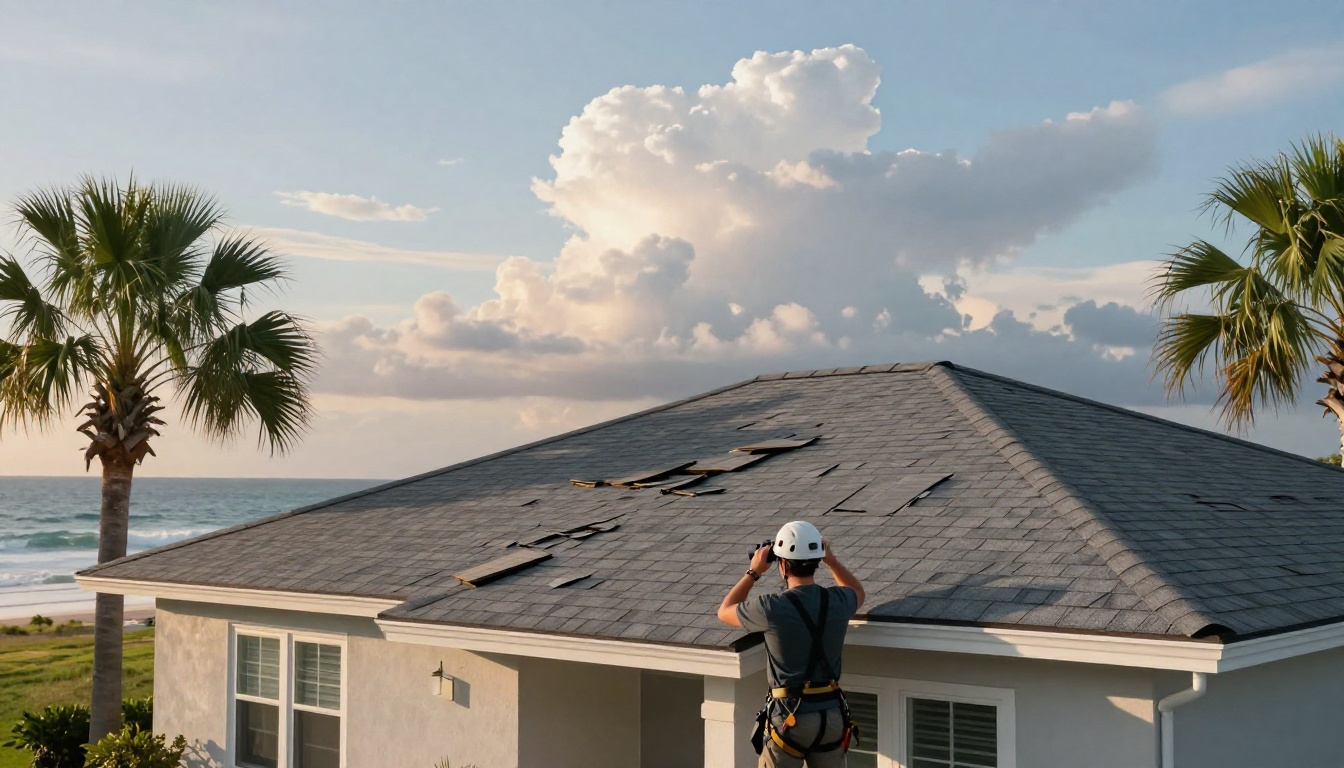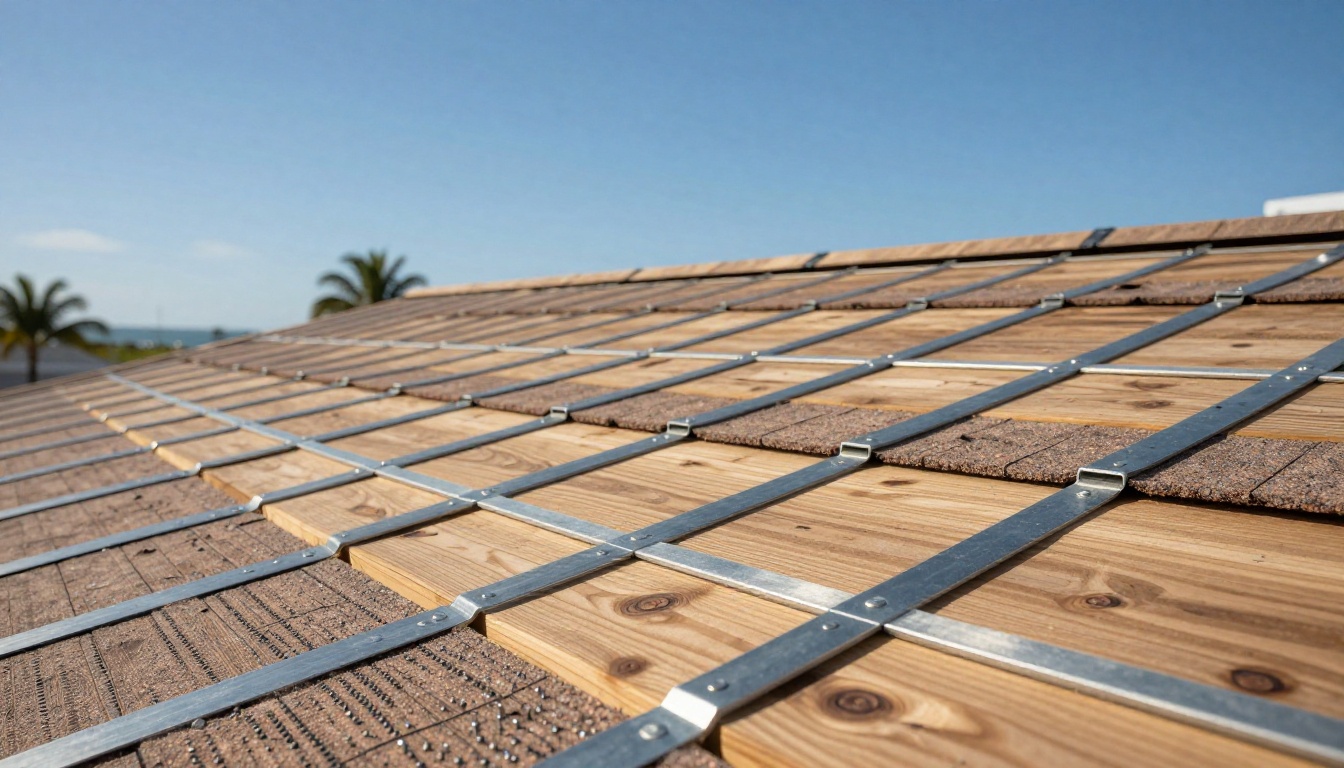The Benefits of Hiring a Licensed Roofer in Southwest Florida

Why Licensing Matters in the Roofing Industry
When it comes to roofing, licensing is more than just a formality—it’s a critical factor that ensures quality, safety, and compliance. Licensed roofers are professionals who have met stringent state and local requirements, including passing exams, demonstrating experience, and maintaining proper insurance. This process ensures they possess the technical knowledge and skills necessary to perform roofing work to a high standard.
From a legal perspective, hiring a licensed roofer protects homeowners from potential fines or penalties. In Florida, it’s illegal for unlicensed contractors to perform roofing work, and homeowners who hire them may face legal repercussions. Beyond legality, licensing also ensures safety. Roofing is inherently dangerous, and licensed professionals are trained to follow safety protocols that minimize risks to both workers and homeowners.
Moreover, licensed roofers are held accountable by regulatory boards, which means they must adhere to ethical business practices. This accountability provides homeowners with peace of mind, knowing they’re working with a professional who is committed to delivering quality results. In contrast, unlicensed contractors operate without oversight, increasing the likelihood of subpar workmanship and unresolved disputes.
Understanding the Unique Roofing Challenges in Southwest Florida
Southwest Florida’s climate presents unique challenges that demand specialized roofing expertise. The region is no stranger to hurricanes, with high winds and torrential rains that can wreak havoc on poorly constructed or maintained roofs. Additionally, the intense sun exposure and high humidity levels can accelerate wear and tear, leading to issues like cracked shingles, mold growth, and weakened structural integrity.
Licensed roofers in Southwest Florida are trained to address these specific challenges. They understand the importance of using materials that can withstand the region’s harsh conditions, such as impact-resistant shingles and moisture-resistant underlayment. They also know how to design and install roofs that can handle the high wind speeds associated with hurricanes, ensuring compliance with Florida’s strict building codes.
Furthermore, licensed roofers are familiar with the best practices for maintaining roofs in this climate. For example, they can recommend regular inspections and maintenance schedules to prevent small issues from escalating into costly repairs. By hiring a licensed roofer, homeowners can rest assured that their roof is built to endure Southwest Florida’s unique environmental demands.
Ensuring Compliance with Florida Building Codes
Florida’s building codes are among the strictest in the nation, and for good reason. These regulations are designed to protect homes and lives in a state that is frequently impacted by hurricanes and severe weather. Licensed roofers are well-versed in these codes, ensuring that every aspect of their work meets or exceeds the required standards.
Compliance with building codes is not just a matter of legality—it’s a critical factor in the safety and durability of a roof. For instance, Florida’s codes specify requirements for wind resistance, roof deck attachment, and secondary water barriers, all of which are essential for protecting homes during hurricanes. Licensed roofers have the expertise to implement these measures correctly, reducing the risk of roof failure during extreme weather events.
Homeowners who hire unlicensed contractors risk non-compliance, which can lead to fines, legal issues, and even the need for costly rework. Additionally, non-compliant roofs may not qualify for insurance coverage, leaving homeowners financially vulnerable in the event of damage. By choosing a licensed roofer, homeowners can ensure their roof is both legally compliant and structurally sound.
The Financial Benefits of Hiring a Licensed Roofer
Avoiding Costly Mistakes
One of the most significant financial advantages of hiring a licensed roofer is the ability to avoid costly mistakes. Unlicensed contractors often lack the training and experience needed to perform high-quality work, increasing the likelihood of errors such as improper installation, inadequate ventilation, or the use of substandard materials. These mistakes can lead to premature roof failure, water damage, and other expensive issues.
Licensed roofers, on the other hand, have the expertise to get the job done right the first time. They follow industry best practices and use high-quality materials, ensuring a durable and long-lasting roof. While their services may come with a higher upfront cost, the long-term savings from avoiding repairs and replacements make it a worthwhile investment.
Insurance and Warranty Protections
Another financial benefit of hiring a licensed roofer is the protection it provides in terms of insurance and warranties. Many homeowner insurance policies require roofing work to be performed by a licensed contractor to qualify for coverage. If an unlicensed roofer is hired and something goes wrong, the homeowner may be left to cover the costs out of pocket.
Additionally, manufacturers often void warranties on roofing materials if they are not installed by a licensed professional. This means that hiring an unlicensed roofer could result in losing valuable warranty protections, leaving homeowners vulnerable to unexpected expenses. By choosing a licensed roofer, homeowners can safeguard their financial interests and enjoy the peace of mind that comes with comprehensive coverage.
Safety and Liability Considerations
Roofing is a high-risk job that involves working at heights, handling heavy materials, and using specialized equipment. These risks make safety a top priority, and licensed roofers are trained to follow strict safety protocols to minimize the likelihood of accidents.
In addition to their training, licensed roofers carry proper insurance, including workers’ compensation and liability coverage. This insurance protects both the homeowner and the workers in the event of an accident. For example, if a worker is injured on the job, the roofer’s insurance will cover the medical expenses, preventing the homeowner from being held liable.
Unlicensed contractors, on the other hand, often operate without insurance, exposing homeowners to significant financial and legal risks. By hiring a licensed roofer, homeowners can ensure that safety and liability are properly managed, providing an added layer of protection.
Access to High-Quality Materials and Techniques
Licensed roofers often have access to premium materials and advanced techniques that are not available to unlicensed contractors. This access allows them to deliver superior results, ensuring a roof that is both durable and aesthetically pleasing.
For example, licensed roofers can recommend materials that are specifically designed to withstand Southwest Florida’s climate, such as reflective shingles that reduce heat absorption or metal roofing that offers exceptional durability. They also stay up-to-date on the latest industry advancements, enabling them to use cutting-edge techniques that enhance the performance and longevity of a roof.
By leveraging their expertise and resources, licensed roofers can provide homeowners with a roof that not only meets their needs but also adds value to their property.
Peace of Mind and Professional Accountability
Verified Credentials and Experience
Hiring a licensed roofer provides homeowners with the assurance that they are working with a qualified professional. Licensing serves as proof of a roofer’s credentials, experience, and commitment to excellence. Homeowners can trust that a licensed roofer has undergone rigorous training and testing to earn their certification.
Dispute Resolution and Recourse
Another advantage of hiring a licensed roofer is the accountability it provides. Licensed contractors are regulated by state and local authorities, which means homeowners have recourse in the event of a dispute or issue. For example, if a licensed roofer fails to meet contractual obligations, homeowners can file a complaint with the licensing board, which has the authority to investigate and take action.
This level of accountability is not available when working with unlicensed contractors, leaving homeowners with limited options for resolving disputes.
How to Verify a Roofer’s License in Southwest Florida
Verifying a roofer’s license is a straightforward process that can save homeowners from potential headaches. Start by asking the roofer for their license number, which can be used to check their status on the Florida Department of Business and Professional Regulation (DBPR) website. This database provides information on the roofer’s licensing status, disciplinary history, and insurance coverage.
Homeowners should also ask for proof of insurance and certifications, ensuring the roofer meets all legal and professional requirements. Taking these steps can help homeowners make an informed decision and avoid the risks associated with unlicensed contractors.
Common Myths About Hiring Licensed Roofers
One common misconception is that licensed roofers are always more expensive. While their services may come with a higher upfront cost, the long-term savings from avoiding repairs, fines, and legal issues often outweigh the initial investment.
Another myth is that licensing doesn’t guarantee quality. While it’s true that licensing alone doesn’t ensure perfection, it does provide a baseline of competence and accountability that unlicensed contractors lack.
By debunking these myths, homeowners can better understand the value of hiring a licensed roofer.
